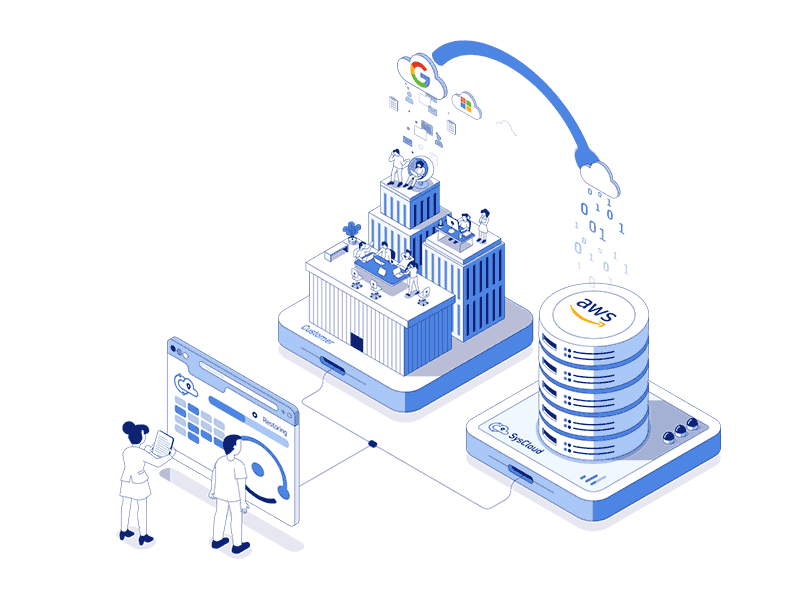
DATA CENTER
A data center is a specialized facility designed to house and manage critical IT infrastructure and data. These facilities are essential for modern businesses and organizations, providing a controlled environment for servers, storage systems, and network equipment.
Data centers are equipped with advanced cooling systems to maintain optimal temperatures, uninterruptible power supplies (UPS), and backup generators to ensure continuous operation even during power outages. These features make data centers a vital backbone for businesses that rely on secure, high-performance computing environments.






